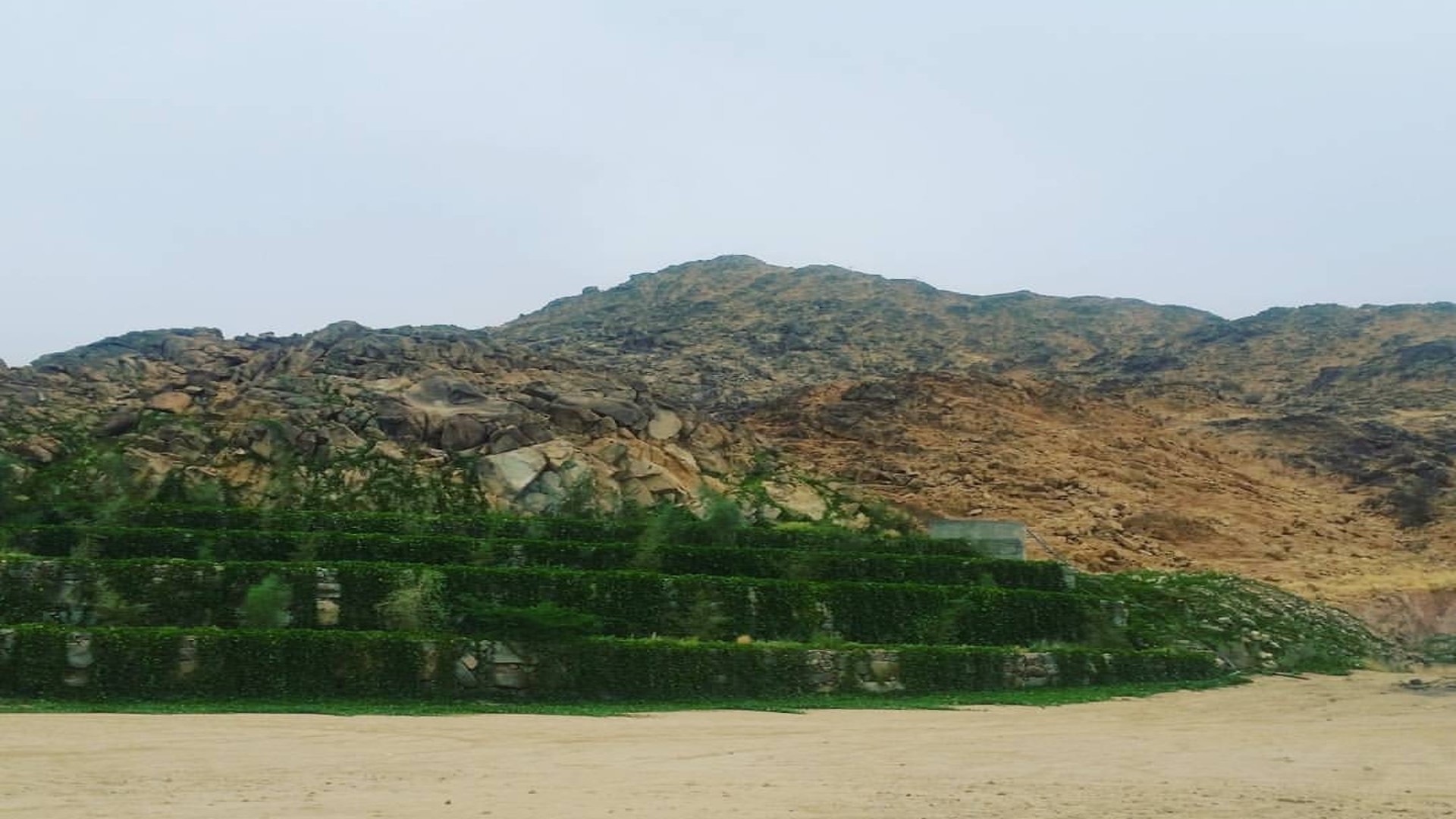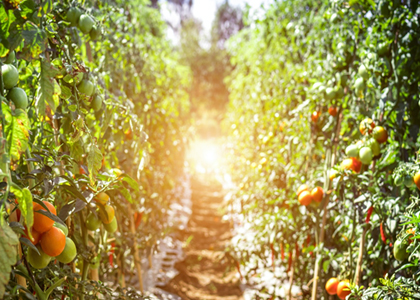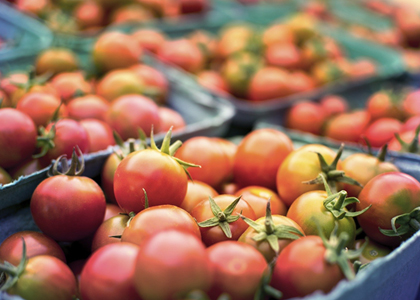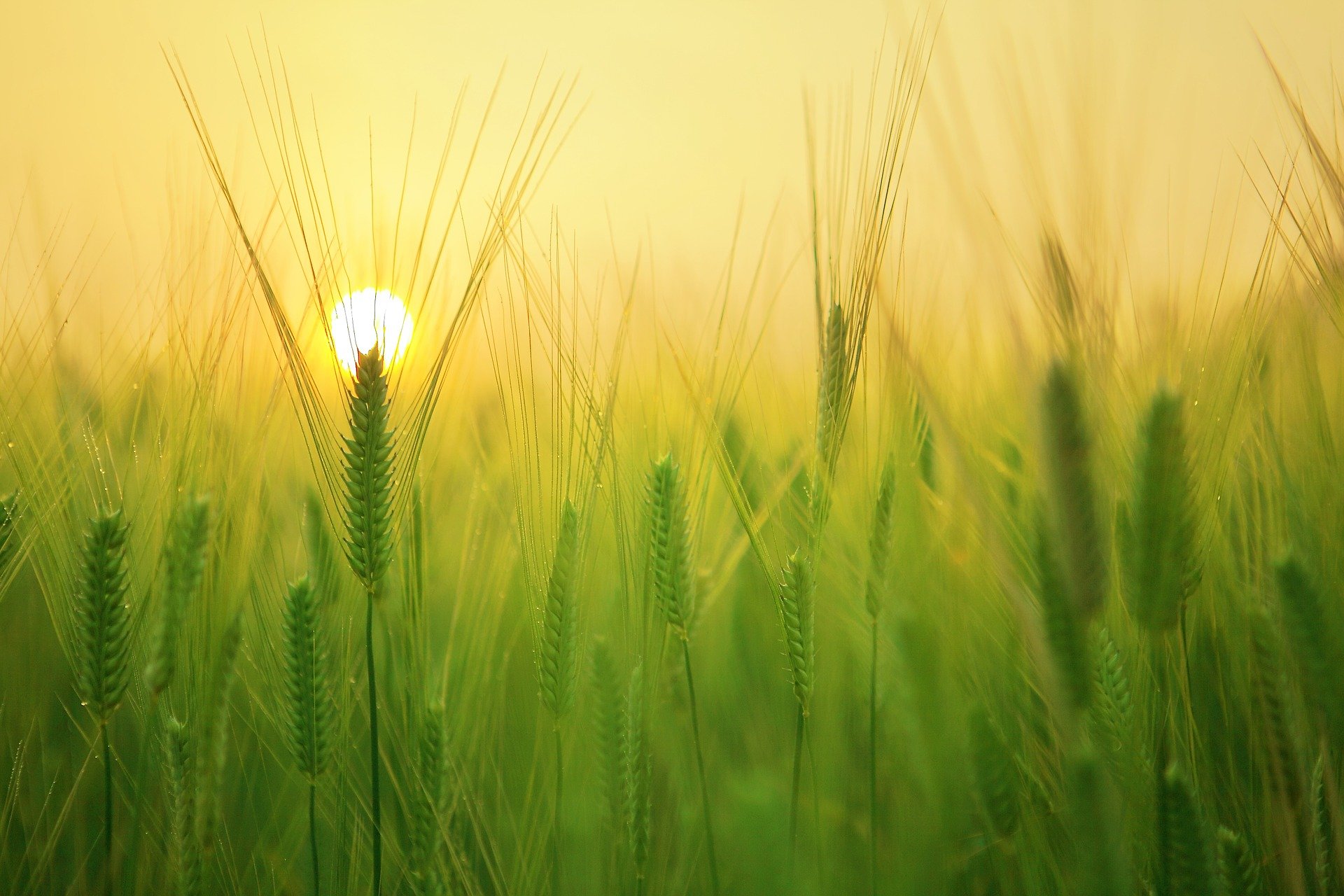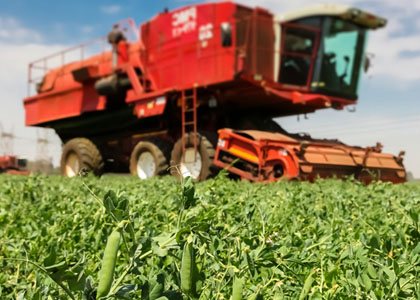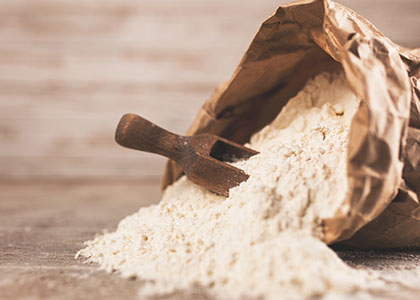Home / Blog / Regenerative Agriculture Turns Al Baydha Green
Under the directive of Saudi Princesses Haifa al Faisal and Nouf bint Fahd, a development project with the aim of restoring sustainable agriculture through regenerative farming methodologies was introduced to the Al Baydha regions in Western Saudi Arabia. Based over a 100-acre area prototype, the project was headed by Stanford University permaculturist Neil Spackman and Harvard University bioethicist and futurist, Mona Hamdy.
Located approximately 20 miles south of Mecca, Al Baydha is a cluster of nine villages extending over 700 kilometers. The area has traditionally served Bedouin nomadic tribes as pasture for grazing animals, where inhabitants would move across land in search of rain. However, post the 1950’s when ancestral land management systems like EMA (protected land) were abolished and tribal boundaries were eradicated, Bedouin tribes from as far as 200 to 300 miles brought animals for grazing to the Al Baydha terrain. Over time, trees were cut down and sold as charcoal and wells had to be dug deeper to reach water. With the gradual decline of natural vegetation, seasonal rainfall swept away to the Red Sea as flash floods instead of getting absorbed into the ground. Over time, overgrazing and a natural decline in native pasture turned the once-fertile land to dry rocky desert.
As a part of the experiment that sought to turn barren land back to its previous fertile state, permaculturist Neil Spackman lived among the inhabitants of Al Baydha for a period of 8 years from 2010 to 2018. He worked to both educate, as well as gain the trust and cooperation of the people living there in building small dams, rock terraces and wide, shallow ditches that worked to catch and harvest rainwater. By 2012 the project moved to planting drought-resistant trees and by 2015 roughly 4000 trees from ten species had been planted. Whilst most trees did not eventually survive, they were enough to build an ecosystem that provided foraging for grazing animals, attract bees, and reduce soil erosion. The vegetation and trees also managed to produce oil from seeds and charcoal to sustain local tribes with livelihoods.
Despite difficulties in continuing with funding and a few years of persistent drought, by late 2018 and early 2019, the Al Baydha project benefitted from seasonal rains. Using 2000-year-old farming techniques, the water preservation and restorative agricultural methodologies implemented at Al Baydha managed to retain 100 percent of rainwater. The area, which was previously desolate land, grew into a rich savannah. Currently, fruit and nut trees, vines and herbs, ground cover, root vegetables like ginger and turmeric, and shrub cash crops such as frankincense and moringa are successfully growing in the area and are going a long way in supplementing local incomes.
By successfully bringing greenery back to the desert, the Al Baydha project has proven that millions of hectares of Saudi desert can be transformed into arable land. The scope of the regenerative agricultural practices applied in Al Baydha have enormous potentials for use across Saudi Arabia’s coastal plains. They stand to turn barren land fertile, improve agricultural production and create jobs for local tribes across vast rural areas in the country.
